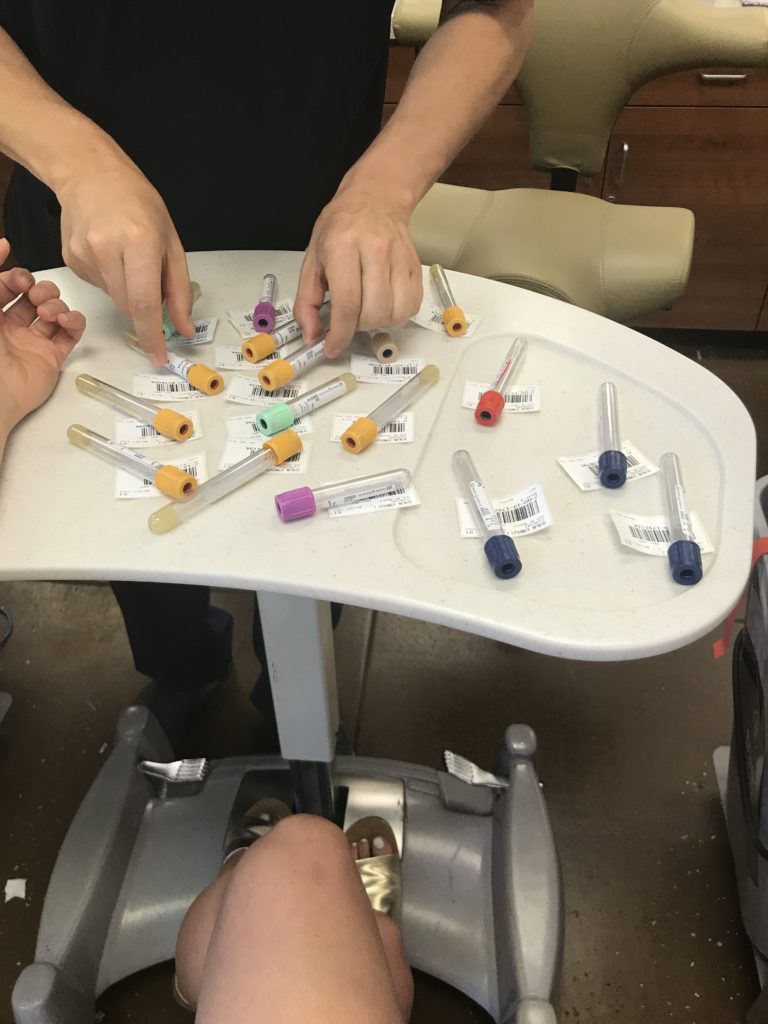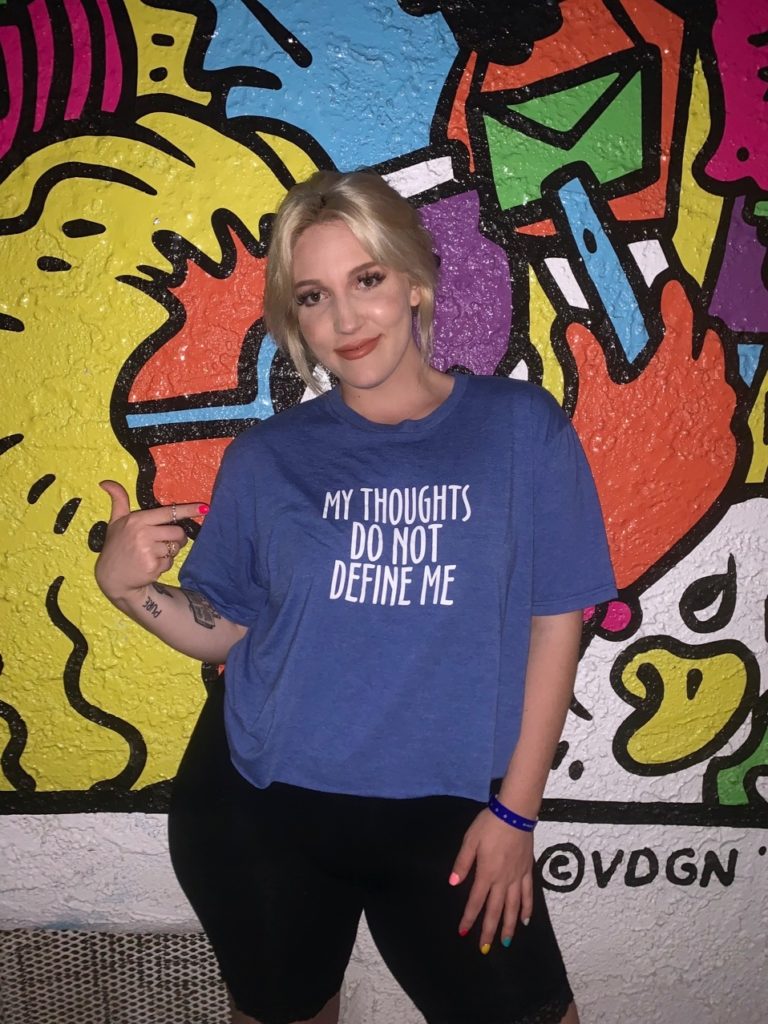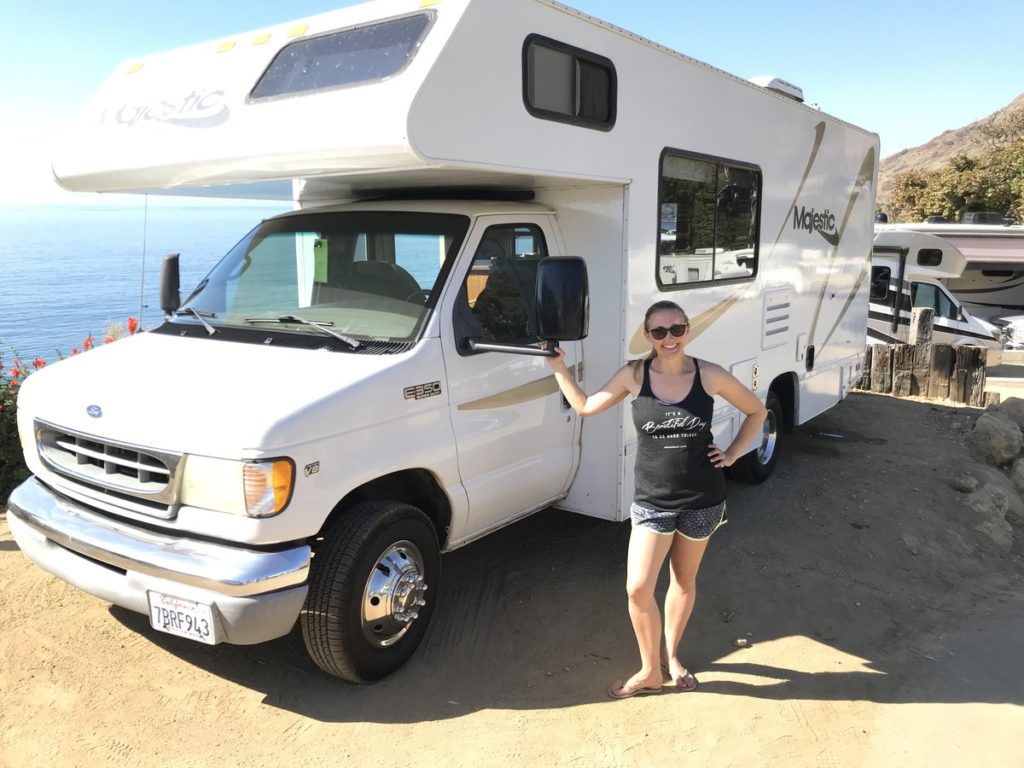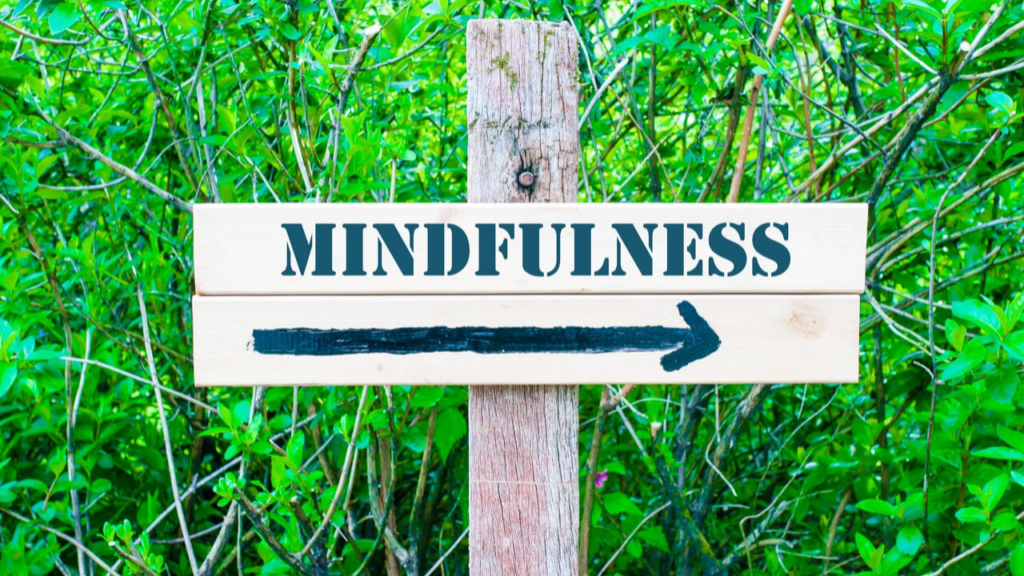
Hello there everyone and welcome to another episode of Your Anxiety Toolkit Podcast. This week's episode is all about how to prevent Social Anxiety. I know that the title, “How to Prevent Social Anxiety” might sound a little fishy, but in this episode, we are going to look at some groundbreaking new research on social anxiety that might help us to understand the relationship between shyness and social phobia and how to prevent social anxiety in adolescence. In this incredible new finding, researchers found that there is a direct relationship between shyness and social anxiety in pre-adolescents. For the purpose of this episode, we will define shyness as the feeling of apprehension, lack of comfort, or awkwardness. These symptoms will increase, especially when a person is around other people and in new or unfamiliar situations.
This research found that negative social self-cognitions mediate the shyness - social anxiety link, whereas, social interpretation bias does not. Social interpretation bias, by definition, is the tendency to interpret ambiguous situations in a positive or negative fashion. What does this mean in regard to how to prevent social anxiety, you may ask? Basically, if we can teach pre-teens how to interpret themselves in a more positive way, we might be able to reduce the impact of social anxiety in adulthood. This research showed that prevention should address the negative self-cognition of shy (pre-)adolescents.
So examples such as the below statements might be corrected into more logical and objective statements.
◆“I am a fool”
◆“There is something wrong with me”
◆“I look like an idiot”
More Objective Statements
◆I am not for everyone
◆Just because there was silence, doesn’t mean I am incapable of being in social settings
◆It's ok that they didn’t laugh at my jokes. One person's “funny” isn’t everyone's version of funny.
Link to research.
https://www.sciencedirect.com/science/article/pii/S0193397318302818

Welcome back to another episode of Your Anxiety Toolkit Podcast! Do you know what POTS is? I didn’t know either until earlier this year, and my life has not been the same ever since. Let me tell you one thing, we are NOT talking about something that holds plants and something you cook spaghetti in. This episode is all about Postural Orthostatic Tachycardia Syndrome, also called POTS for short.
Why? Because October is Dysautonomia Awareness month and because I have recently been diagnosed with POTS. This episode is aimed at educating you about POTS and also addresses my own experience of being diagnosed with a chronic medical condition. It has been an emotional ride, and my hope is to share with you a few tools that have helped me to manage this news and the ongoing treatment that I will need to adhere to. Thank you so much for supporting me this year. Your messages and kindness has been overwhelmingly positive and I am so grateful for you all.
So, what is POTS? Postural Orthostatic Tachycardia Syndrome (POTS) is a condition that affects circulation (blood flow). Basically, for most people, our autonomic nervous system works to control and regulate our vital bodily functions and our sympathetic nervous system, which activates the fight or flight response.
However, if you have POTS you have what is called orthostatic intolerance. What this means is that when standing up from a reclining position, blood pools in the legs causing lightheadedness, fainting, and an uncomfortable, rapid increase in heartbeat. People with POTS have trouble regulating the blood vessel squeeze and heart rate response causing blood pressure to be unsteady and unstable.
Each case of POTS is different. Patients may see symptoms come and go over a period of years. In my case, I have probably had it my whole adult life, but it has worsened enough to need medical attention. In most cases, with proper adjustments in diet, medications and physical activity, a person with POTS will see an improvement in quality of life.
People with POTS usually suffer from two or more of the many symptoms listed below.
• High/low blood pressure
• High/low heart rate; racing heart rate
• Chest pain
• Dizziness/lightheadedness especially in standing up, prolonged standing in one position, or long walks
• Fainting or near-fainting
• Exhaustion/fatigue
• Abdominal pain and bloating, nausea
• Temperature deregulation (hot or cold)
• Nervous, jittery feeling
• Forgetfulness and trouble focusing (brain fog)
• Blurred vision
• Headaches and body pain/aches (may feel flu-like); neck pain
• Insomnia and frequent awakenings from sleep, chest pain and racing heart rate during sleep, excessive sweating
• Shakiness/tremors especially with adrenaline surges
• Discoloration of feet and hands
• Exercise intolerance
• Excessive or lack of sweating
• Diarrhea and/or constipation
Please go to the below website for more information on POTS
https://my.clevelandclinic.org/health/diseases/16560-postural-orthostatic-tachycardia-syndrome-pots

Welcome to Your Anxiety Toolkit Podcast! Today I am so thrilled to introduce to you this week's guest, Alegra Kastens, MA. Alegra is not just a guest on the podcast. Alegra is also a very important part of CBT School and has helped me so much since CBT School launched in 2018. Alegra Kastens has been a huge part of the creation of this podcast, uploading it each week, creating a lot of the technological support, creating images and supporting me when I am struggling with all the projects. Alegra is now moving forward with her career and is working as a therapist who specializes in OCD.
In today's discussion, Alegra told us about the first moment she had her first intrusive thought and how these impacted her life. She also shared with us the process of her finally deciding to ask for help, even though she was petrified and so ashamed. Alegra shared what she found helpful and not helpful from her therapist and how she was supported and encouraged to seek specialized OCD treatment from her therapist who did not specialize in OCD.
What I loved most about this episode is that Alegra Kastens so candidly talks about her experience of shame, guilt, and stigma related to having OCD. Alegra’s main sub-type of OCD was pedophilia obsessions, which caused her to be stuck in self-doubt, self-criticism and complete panic for a very long time. Alegra Kastens shared what it was like to experience sexual obsessions such as pedophilia obsessions and what it was like to undergo Exposure and Response prevention for her OCD symptoms. Alegra shared some of the ERP exposures looked like and the importance of being given psycho-education about ERP before beginning. I loved how much education and inspiration Alegra Kastens brought to this conversation.
To learn more about her story, click HERE to read an article she wrote for IntrusiveThoughts.org.
For more information on Alegra Kastens, visit:
Instagram: @ObsessivelyEverAfter
Website: www.alegrakastens.com
Psychology Today blog: https://www.psychologytoday.com/us/blog/all-things-anxiety

Welcome to another episode of Your Anxiety Toolkit podcast.
This week’s podcast was recorded from an RV on Pacific Coast Highway. It was the last day of my birthday celebration and I rented and drove a 35-foot RV to the beach so I could celebrate my new year with my dear friends and dear family. As I sat back, I reflected on what my biggest goal was for my 38th year.
My goal for the upcoming year is NO MORE RUSHING. That’s right! I have made a deal with myself. NO MORE RUSHING. No more rushing my kids. No more rushing my family. No more rushing my joy. No more rushing my anxiety.
My hope for my 38th year is to slow down and really drop down into the present moment. My hope is to be present and absorb the joy that exists all around me. Since I made the goal of no more rushing, I have found that I am more aware of all of the beauty in my life and I am more present to really see the amazing people and places around me.
On this birthday weekend, we sat on the beach and just absorbed the love that we all felt for each other. We looked up to the horizon instead of focusing on the road and the computer screens and the phones. We connected and I didn’t rush a thing.
My hope for this podcast is to inspire you to take on the goal of NO MORE RUSHING and just see how much beauty that comes from this.
OCD Awareness Week, from October 13-19, is almost here! This year’s awareness-raising campaign is focused on sharing videos of you and your friends facing your fears. The goal is to educate the public about the realities of living with OCD and the challenge of having to face your fears on the path to recovery. To participate, the IOCDF is asking everyone to create a video or photo of themselves doing something that makes them anxious and then to post on any and all social media platforms with the hashtags #FaceYourFear and #OCDWeek.

Do you ever wonder how to live in the present? Is this a question you ask yourself often? Or, have you already got a good mindfulness practice, but you wonder how to live in the present when it comes to intrusive thoughts, intrusive images and strong emotions and urges? If this sounds true for you, you are not alone. I, too, am constantly on a mission to figure out how to live in the present in a more authentic and mindful way.
In this week’s episode of Your Anxiety Toolkit, we take a CBT SCHOOL listener’s question. A wonderful member of our CBT School community reached out and asked a very important question and instead of replying personally, I thought it would benefit everyone by addressing this question with you all. Considering that I am always on a mission to solve the question of how to live in the present, I thought we could all take a look at this issue together!
The listener’s question is:
"I work hard to implement mindfulness in my life, and in many ways it makes sense and helps me. But sometimes I feel like I escape when I try to live in the present moment. It's like my OCD tells me ‘wow, you have learned a new tool…great, but do you know what – if something is contaminated or dangerous it doesn't matter if you try to live in the present moment. You are just kidding yourself! You have to take care of the problems from yesterday and you have to make sure you have a future to live in. Don't be fooled into that mindfulness stuff…’ My mind gets twisted. Do you have any thoughts that can bring some clarity?”
Before we go, I want to remind you of two wonderful awareness weeks! BFRB Awareness week is happening NOW and ends on October 7. You can participate by attending local events, joining the conversation online, and more. Click HERE for more information.
OCD Awareness Week, from October 13-19, is almost here! This year’s awareness-raising campaign is focused on sharing videos of you and your friends facing your fears. The goal is to educate the public about the realities of living with OCD and the challenge of having to face your fears on the path to recovery. To participate, the IOCDF is asking everyone to create a video or photo of themselves doing something that makes them anxious and then to post on any and all social media platforms with the hashtags #FaceYourFear and #OCDWeek.